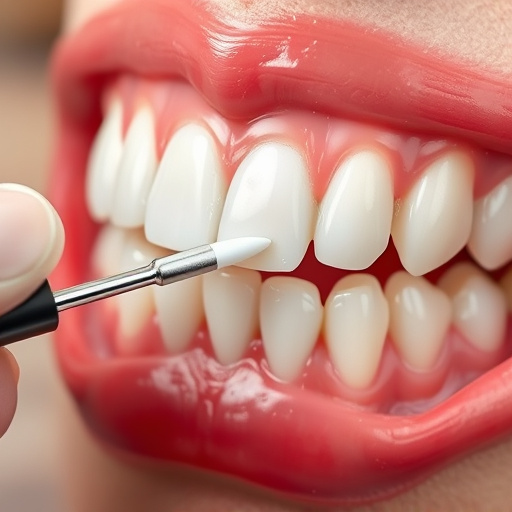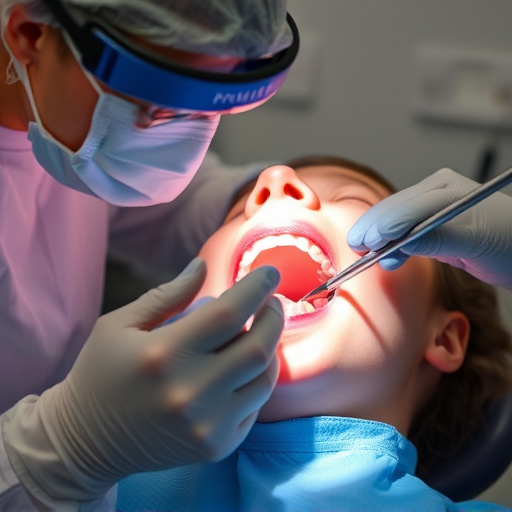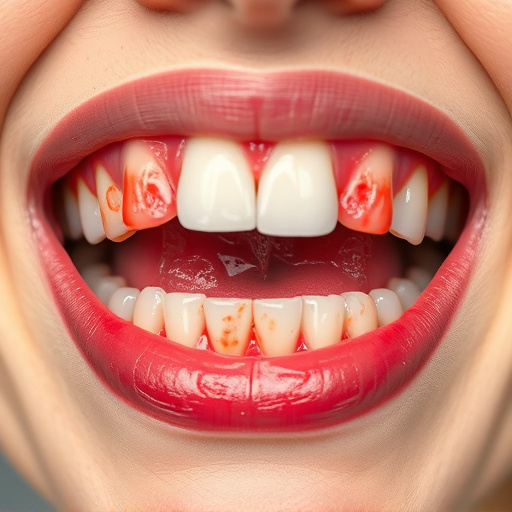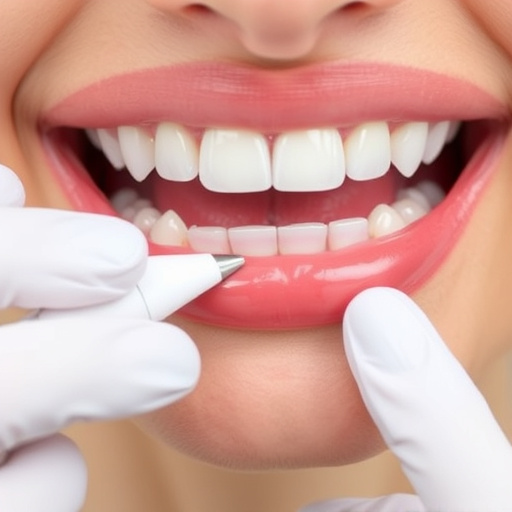Dental sealants for teeth are protective coatings that prevent tooth decay by sealing off bacteria-collecting grooves and pits on molars and premolars, offering significant benefits for both children and adults. The non-invasive procedure involves cleaning the tooth surface, applying a liquid sealant that hardens with light, and curing it for strength. Effective in reducing cavities and maintaining oral health, sealants can complement traditional treatments like clear aligners or dental crowns. When choosing dental sealants, consider the type (composite or glass ionomer) based on tooth needs and oral health history.
Dental sealants for teeth are an effective and long-lasting solution for both kids and adults seeking to enhance oral health. This clear protective coating is applied to the chewing surfaces of back teeth, preventing tooth decay by sealing out bacteria and food particles. While commonly used for children to protect emerging permanent teeth, dental sealants also offer significant benefits for adults looking to strengthen their teeth against decay and wear. In this article, we’ll explore the science behind dental sealants, their advantages, and guide you in choosing the right one.
- What Are Dental Sealants and How Do They Work?
- Benefits of Dental Sealants for Kids and Adults
- Choosing the Right Dental Sealer: Factors to Consider
What Are Dental Sealants and How Do They Work?

Dental sealants for teeth are protective coatings applied to the chewing surfaces of back teeth (molars and premolars) to prevent tooth decay. They work by creating a physical barrier, sealing off grooves and pits where food particles and bacteria can collect. This simple yet effective method is particularly beneficial for both children and adults as it serves as a powerful tool in preventive dentistry.
By blocking the entry points of cavities, dental sealants act as a shield, significantly reducing the risk of tooth decay. The process involves thoroughly cleaning the tooth surface, applying a liquid sealant that hardens upon exposure to light, and finally curing it for optimal strength. This non-invasive procedure is quick, comfortable, and can last for several years with proper oral hygiene practices. Unlike cosmetic fillings or clear aligners, which address existing dental issues, sealants focus on proactive care, making them an excellent choice for maintaining oral health over the long term.
Benefits of Dental Sealants for Kids and Adults
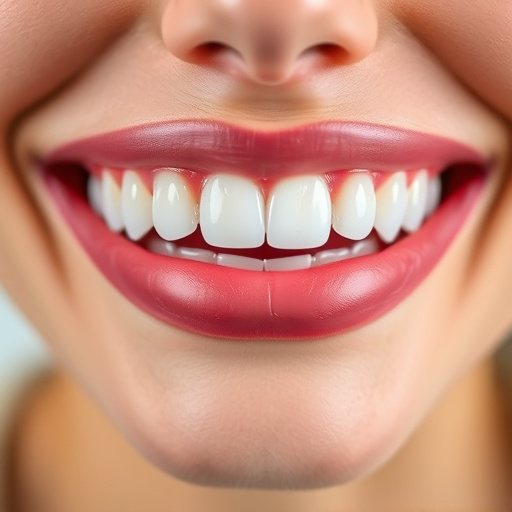
Dental sealants for teeth offer a range of benefits that extend to both children and adults. For kids, these sealants are particularly effective in preventing tooth decay, which is one of the most common chronic childhood diseases. By coating the chewing surfaces of back teeth, dental sealants create a protective barrier against food particles, plaque, and bacteria, reducing the risk of cavities significantly. This preventive measure not only saves children from painful tooth problems later in life but also fosters good oral hygiene habits early on.
In adults, while dental crowns are often considered for restoring damaged or decayed teeth, sealants can play a complementary role in maintaining overall dental health. They are especially useful for those with limited access to regular dental care or who tend to skip routine check-ups. By applying sealants, family dentistry professionals can reinforce the natural defenses of adult teeth against common oral issues, enhancing their overall well-being and saving them from costly tooth repair procedures down the line.
Choosing the Right Dental Sealer: Factors to Consider
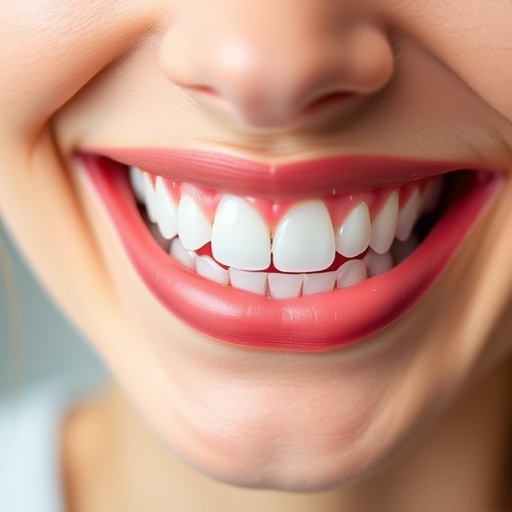
When considering dental sealants for teeth, choosing the right sealer is paramount. Several factors come into play, ensuring the best option for both kids and adults. One key consideration is the type of sealer, with options like composite and glass ionomer available. Composite sealers, known for their durability and aesthetic appeal, are ideal for permanent teeth, while glass ionomer sealants, offering quick setting and strong bonding, are suitable for primary teeth.
Furthermore, the specific needs and oral health history should guide selection. For instance, individuals with a history of tooth decay might require stronger sealers, whereas those maintaining excellent oral hygiene could opt for more conservative options. Additionally, clear aligners and dental crowns, while not sealants themselves, can complement sealant treatments as part of comprehensive oral care in general dentistry.
Dental sealants for teeth are a versatile and effective solution, offering significant benefits not only to children but also to adults. By seamlessly bonding to tooth surfaces, these protective coatings create a barrier against decay-causing bacteria, making them an excellent preventive measure. Whether for young ones navigating their first set of permanent teeth or adults seeking to fortify their oral health, dental sealants provide a simple yet powerful way to safeguard dental well-being.









